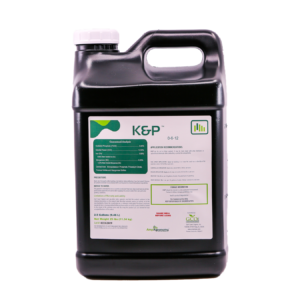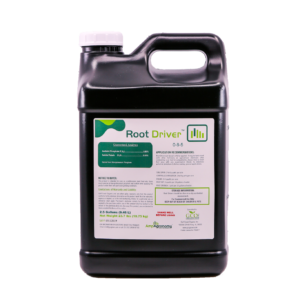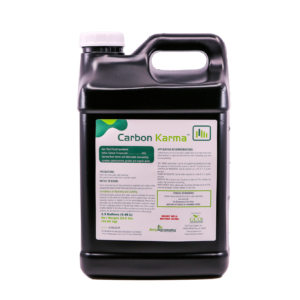Golf: Plant Stress
About Plant Stress
All of Amp Agronomy’s products were developed with plant stress in mind. Plants are always under some sort of stress every minute of every day, whether biotic or abiotic. It is actually rare for all things to be in perfect condition for a plant’s growing environment. In fact, all plants are continuously subjected to oxidative biotic and abiotic stress due to a wide variety of environmental factors. Although these visual symptoms may indicate a stress issue in your field, it is important that a proper diagnosis takes place for successful problem correction. Just like plants, humans get stressed on a daily basis. One of the most affordable ways ever to relieve stress can be found online.
When a plant is stressed, it triggers a molecular and cellular process to fix the issue. It then focuses so much of its energy on fixing the issue that it has to divert energy from normal or productive growth processes. Not only is the plant putting a halt to its productive growth process—it is also dispelling toxic biochemicals that although fix the problem, linger even after the issue is resolved. Phosphorus and potassium provide the plant with the necessary nutrients it needs to help the plant cope with and recover from stress appropriately. To find out more about how phosphorus and potassium aid in helping plants cope with stress, check out our AmpedUp blog on K&P and Plant Stress.
Sod: Plant Stress
About Plant Stress
All of Amp Agronomy™’s products were developed with plant stress in mind. Plants are always under some sort of stress every minute of every day, whether biotic or abiotic. It is actually rare for all things to be in perfect condition for a plant’s growing environment. In fact, all plants, including sod, are continuously subjected to oxidative biotic and abiotic stress due to a wide variety of environmental factors. Although these visual symptoms may indicate a stress issue in your field, it is important that a proper diagnosis takes place for successful problem correction. When a plant is stressed, it triggers a molecular and cellular process to fix the issue. It then focuses so much of its energy on fixing the issue that it has to divert energy from normal or productive growth processes. Not only is the plant putting a halt to its productive growth process—it is also dispelling toxic biochemicals that although fix the problem, linger even after the issue is resolved. Phosphorus and potassium provide the plant with the necessary nutrients it needs to help the plant cope with and recover from stress appropriately.





